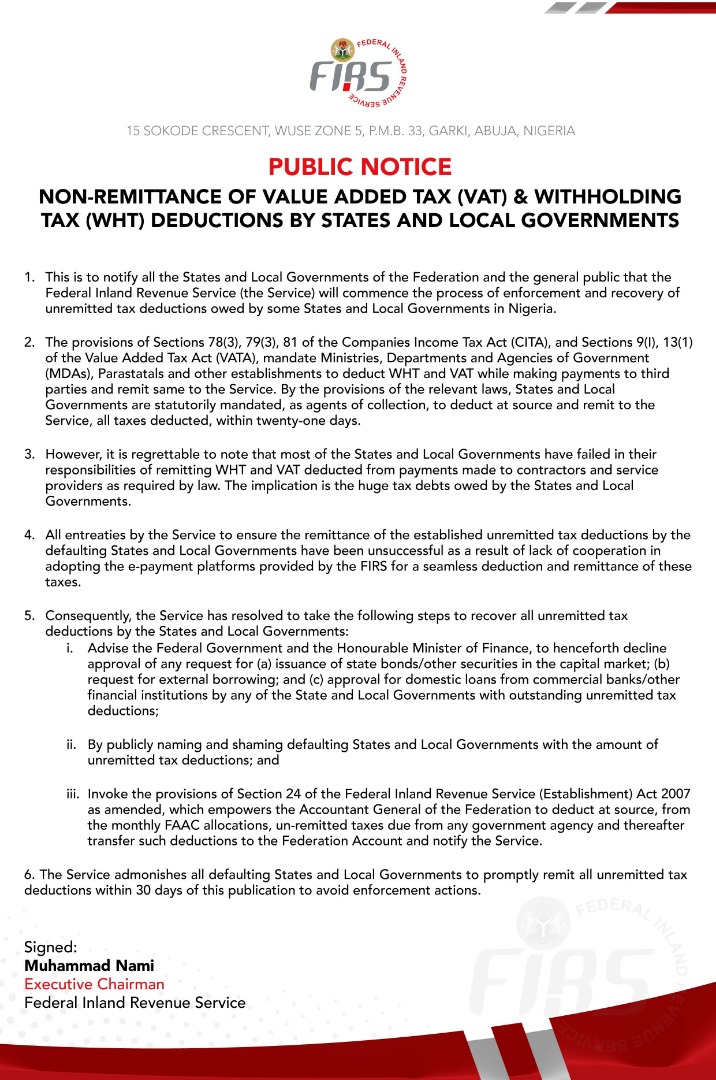
The banking industry has so far lost N9.5 billion to electronic fraud in 2023.
Meanwhile the Nigeria Electronic Fraud Forum, NeFF, has called for new measures and increased collaboration to curb the rising trend in electronic fraud.

Consequently, the forum, chaired by the Central Bank of Nigeria, at its third quarter general meeting held in Lagos yesterday focussed on, “New Strategies for Combating e-Fraud in a Cashless Environment”.
Speaking at the meeting Managing Director of Nigeria Inter-Bank Settlement System (NIBSS), Premier Oiwoh highlighted the disturbing trend in e-fraud in the country especially through betting platforms.
Represented by the Chief Risk Officer NIBBS, Temidayo Adekanye, he said: “Recently, we had the cashless policies from CBN, which was incurring a dramatic increase in the volume of transactions in the industry which variably as the impact of the volume of fraud in the industry itself. Now, the increased efficiency has also meant that fraud has dramatically increased across industry. For Q1 2023, the total fraud reported through the industry forum portal was at N5.1 billion.

“For fraud trends over the last five years, in 2019, we’re looking at about N3 billion and currently 2023, we are looking at about N9.5 billion to date. Fraud losses have increased dramatically over the last five years.”
“So, as you can see also from the current perspective, from January to July 2023, there has been a slight jump between June and July, a 39 per cent increase with 8,649 with the actual fraud losses in July 2023, we’re looking at N1.2 billion which is a 54 per cent increase over the period. Now as you can see from January in general, we recorded about N2.7 billion in actual fraud losses.”
He said: “What we see most is the fact that the primary channels are the betting platforms. So once the money hits the betting platform or a wallet account or in some cases POS agents once it’s cashed out, it is a black hole. There is no way you can recover that money. We’re talking about potentially five per cent recovery rates across the industry. So we all have to identify those betting and wallets accounts, POS agents, cryptocurrency accounts, and in some cases purchases.”
Speaking on efforts to achieve zero fraud in the industry, NeFF Chairman and Director Director, Payment Systems Management of the Central Bank of Nigeria (CBN), Musa Jimoh, said: “Today, we are here to continue that conversation to look at new strategies by which we can combat E-fraud. If we don’t combat the cyber criminals, they will weigh us down and disrupt the entire system. So, we all need to work together to see how we can make life extremely difficult for cybercriminals. We need to look at new ways, new techniques, and more efficient manners by which we can improve and guard against the banking and payment infrastructure and educate ourselves on how we can safeguard our bank credentials or tokens and all the information that the banks have provided to us to safeguard.
“The more information we have about what they’re doing, the more we are protected.”
“The objective is to have zero fraud but you know, this is a gradual process because as you’re building techniques, they’re also exploiting other areas. As more people come into the financial sector as more transactions happen, people are vulnerable and so enlightenment education, we would continue to push it which is why it’s going to be a very long journey.”
“ But I know that with the kind of enlightenment and the push by the bankers’ committee, and other stakeholders a lot of Nigerians will be well educated to know that they have to be have to keep all the accounting details very secret and therefore we anticipate that the incidence of fraud we taper down almost to zero.”






























